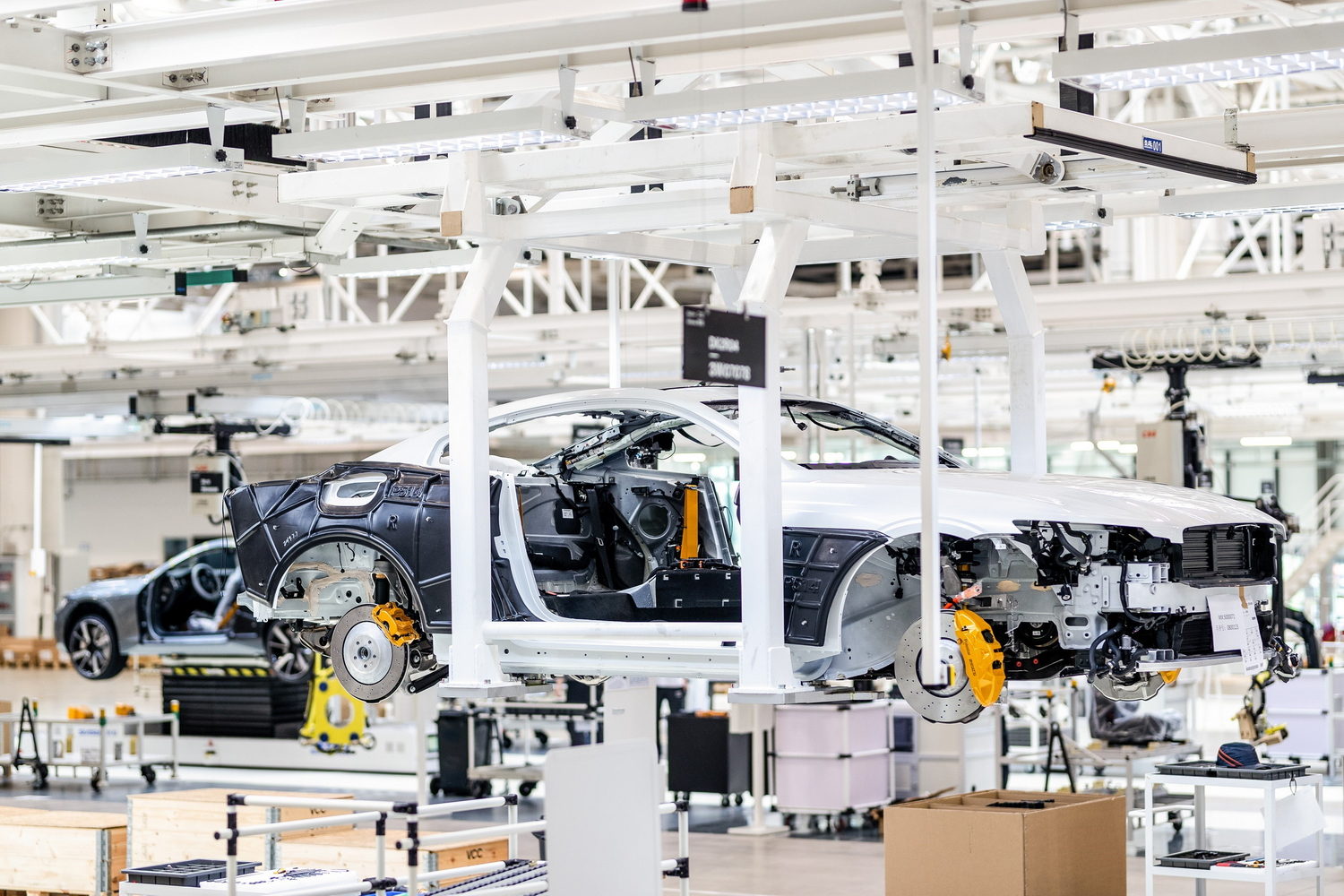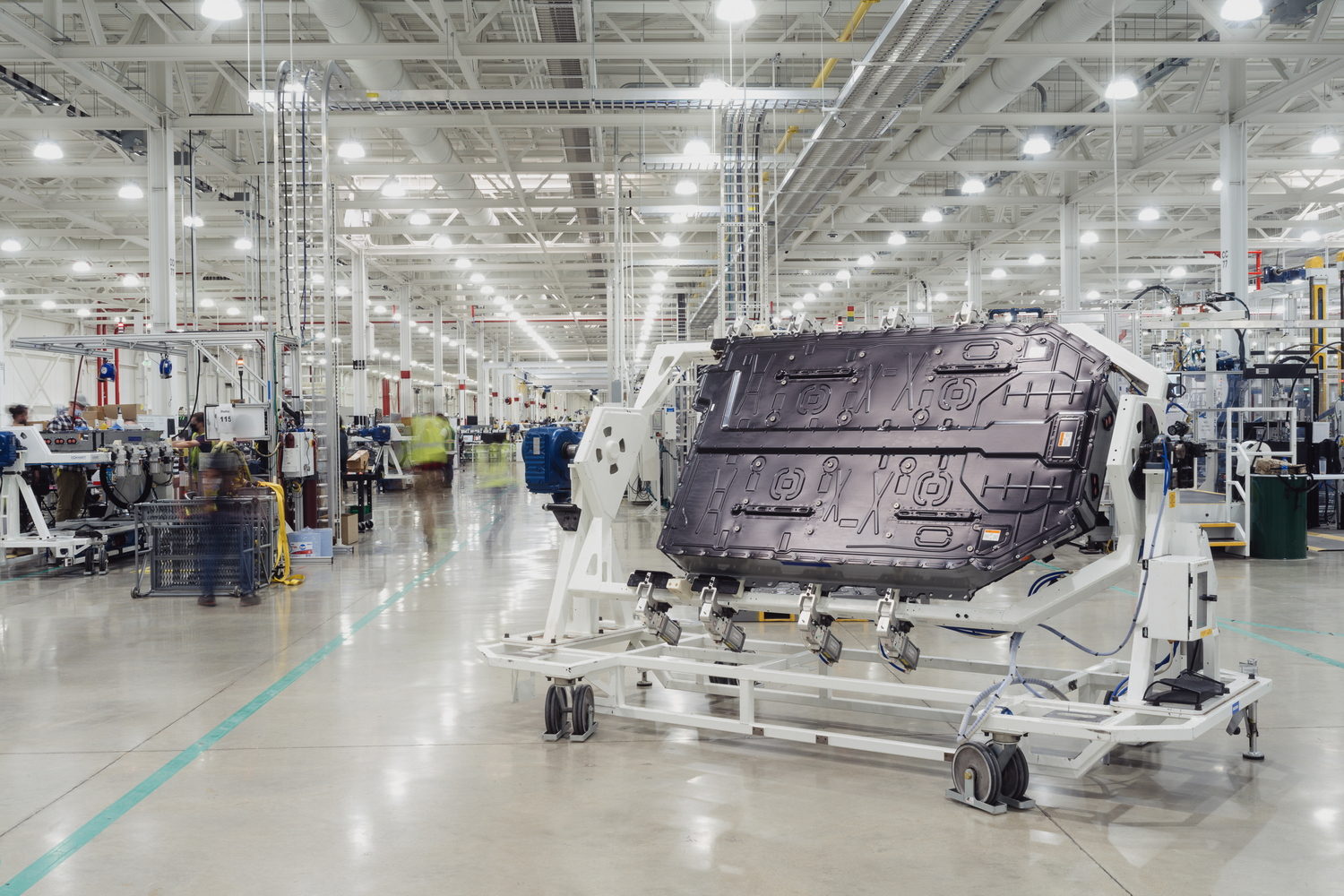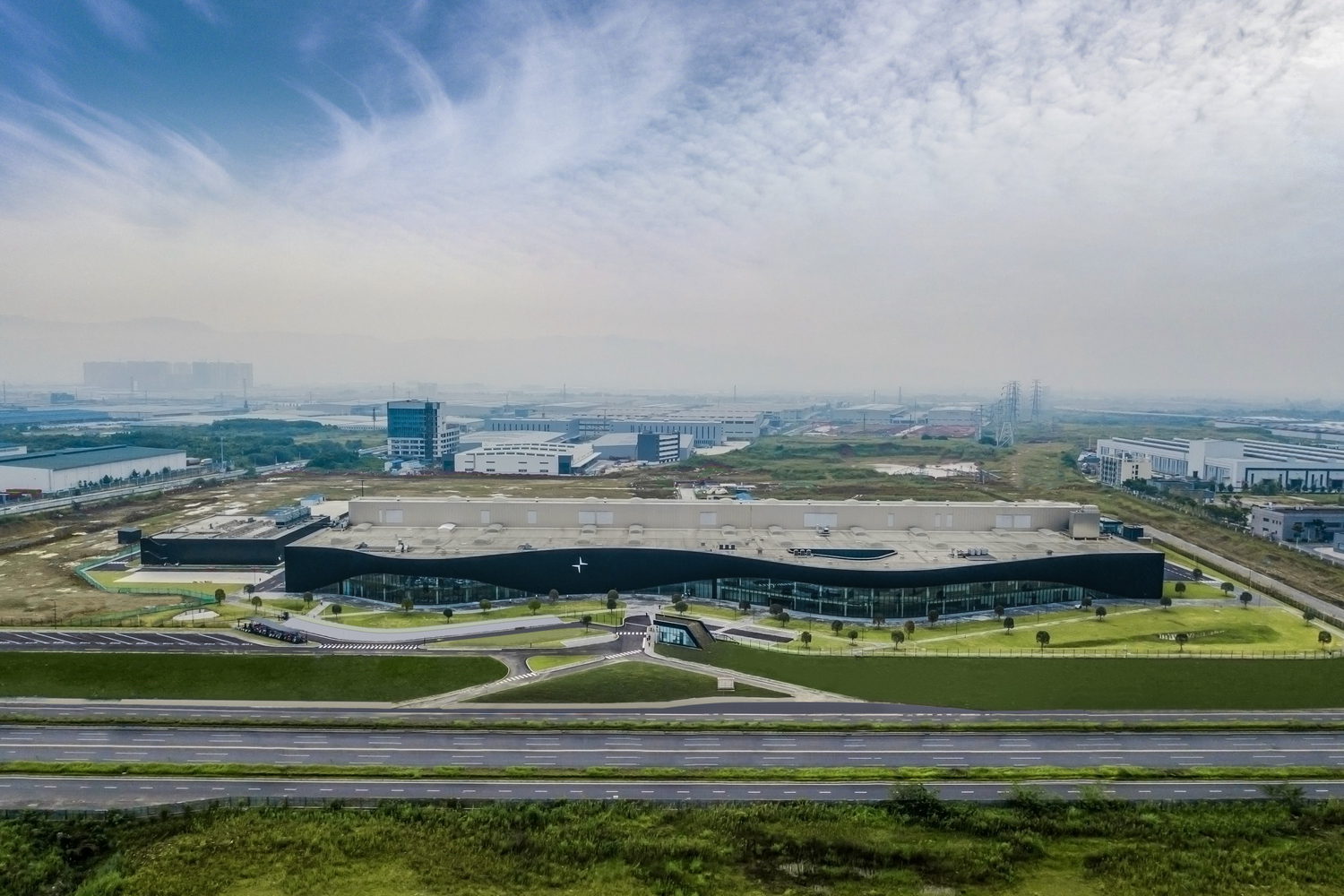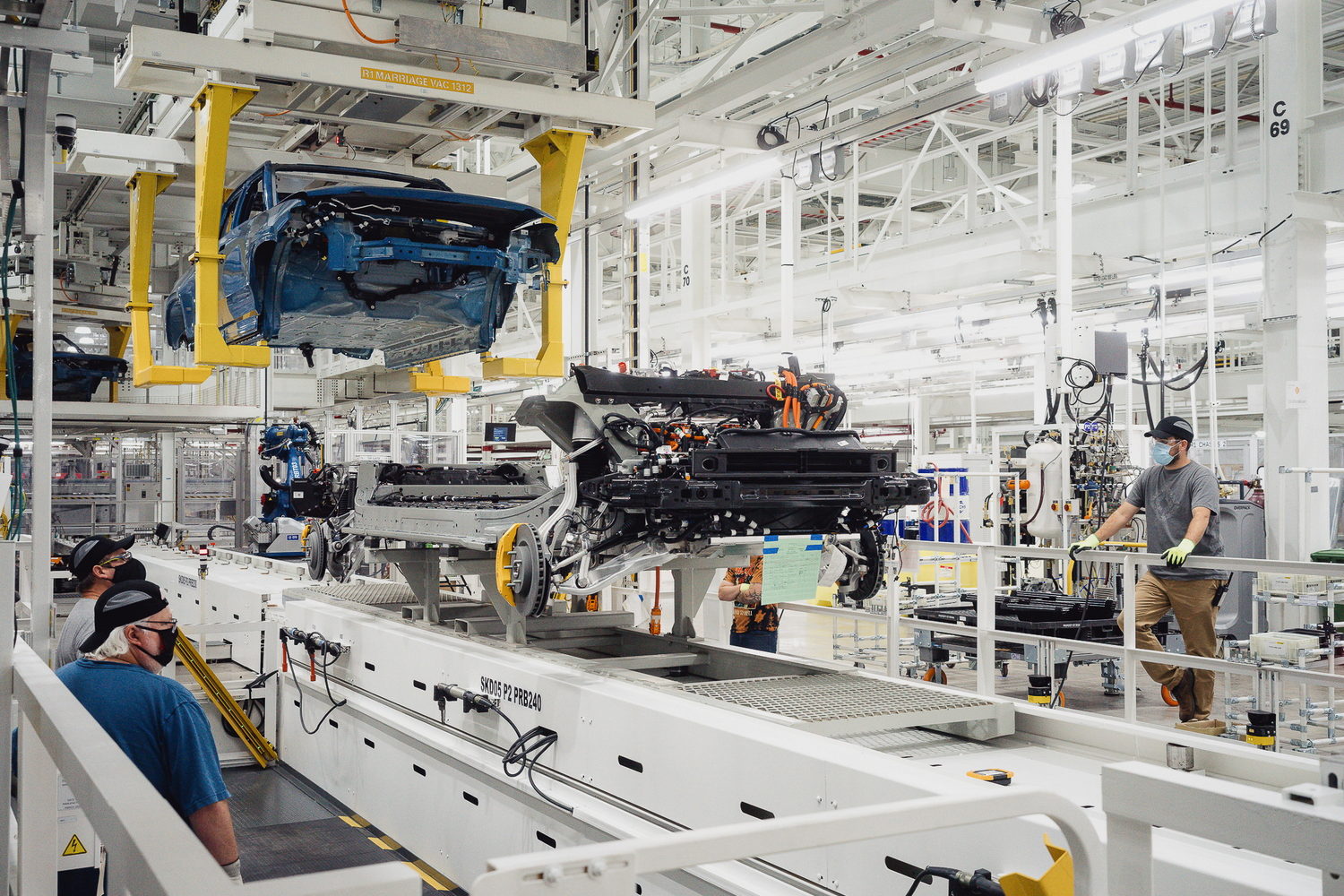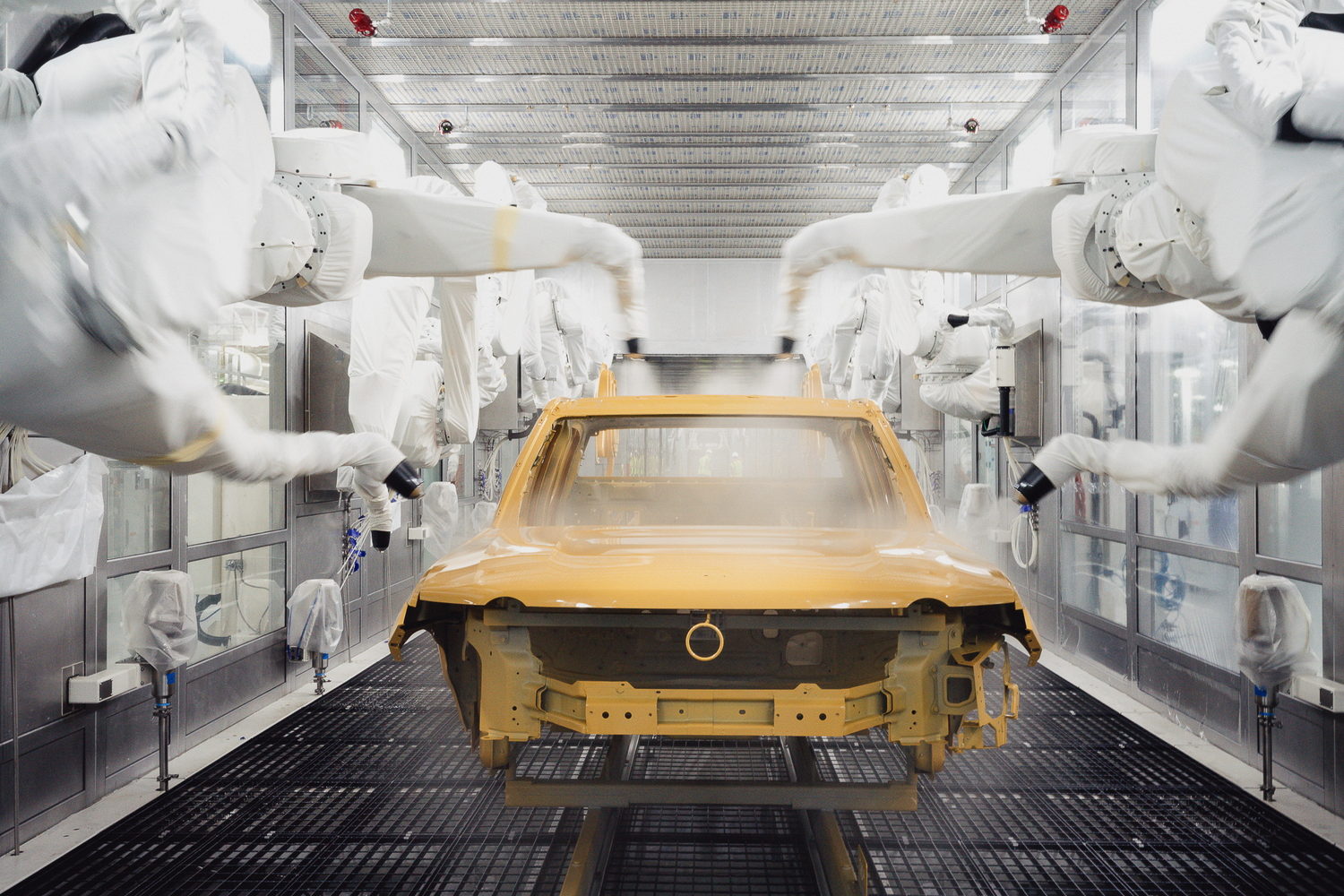Rival electric car makers Polestar and Rivian have come together to commission a report from global business consultants Kearney on how car makers are getting CO2 out of the industry.
Sadly, the report concludes that it looks as if the world's car manufacturers are on course to miss their targets, set by the International Panel on Climate Change (IPCC) by as much as 75 per cent in 2050. The limit set by the IPCC in the Paris Agreement is the one that is supposed to keep global warming to 1.5 degrees Celsius on average above previous temperature levels.
15 per cent of emissions
According to Polestar and Rivian's 'Pathway Report' the world's car industry amounts for 15 per cent of all greenhouse gas (GHG) emissions, and the IPCC wants those to be cut by 43 per cent by 2030. On this figure, the car industry is already 'way off track' says the report, and that on current trends it will have burned through its 2050 carbon budget by as early as 2035.
Is there any good news in the gloom? Yes, and it's that the industry can still course-correct and get back on carbon budget if it makes the right efforts in the right areas. Indeed, the Pathway Report says that it contains "immediate, clear actions that car manufacturers can take between now and 2030, including some that can be triggered immediately."
The report points out that there are three basic 'levers' that the car industry can use to help cut its CO2 emissions to the required levels. The first is replacing internal combustion engined cars with electric ones, which is being done but it's not enough on its own. Lever two is all about increasing the levels of renewable energy in national power grids so that those electric cars can be powered by genuinely clean energy, while Lever three is about reducing the emissions of greenhouse gases in vehicle production and in the car factory supply chain.
Reduce the overshoot
The Pathway Report says that: "Pulling just one or two levers in isolation will be insufficient and only reduce the overshoot. Collective action from automakers is needed on all three levers, in parallel, at a global level. Firstly, the industry must accelerate the transition to electric vehicles by investing in manufacturing capabilities, as well as implementing a firm end date for fossil fuel car sales globally. Secondly, build out renewable energy supply to global grids that enable EVs to reach their full potential through green charging. Thirdly, decarbonise the manufacturing supply chains for these vehicles through switching to low carbon materials, and investing in renewable energy solutions for supply chains."
Fredrika Klarén, Polestar Head of Sustainability, says: "Car companies may be on different paths when it comes to brand, design and business strategies, and some won't even admit that the road to the future is electric. I believe it is, and that the climate crisis is a shared responsibility, and we must look beyond tailpipe emissions. This report makes clear the importance of acting now and together. There's a clear cost to inaction, but there's also a financial opportunity for innovators who find new answers to the challenges we face."
Collaborate in driving progress
Anisa Costa, Rivian's Chief Sustainability Officer, adds: "The report's findings are sobering. Our hope is that this report lays the groundwork for the automotive industry to collaborate in driving progress at the pace and scale we need - and ideally inspiring other industries to do the same. Together, I'm confident we can win the race against time."
The report is being shared by Polestar and Rivian across the car industry and the hope is that it will lead to a round-table meeting between the biggest car makers to come to a collective set of solutions and actions.
Angela Hultberg, global sustainability director at Kearney, says: "We are proud to have been chosen as a trusted expert to develop this report. The result of our modelling clearly shows that the industry needs to accelerate the pace of becoming a low carbon industry. We looked at different scenarios, different data points, and the conclusion is that no matter how you model it, we are far too close for comfort. We sincerely hope this report will be a starting point for the industry to focus on areas where there is agreement and find specific initiatives. It will take collective action to solve some of the issues at hand, and we look forward to seeing what the manufacturers will do in the near future."

